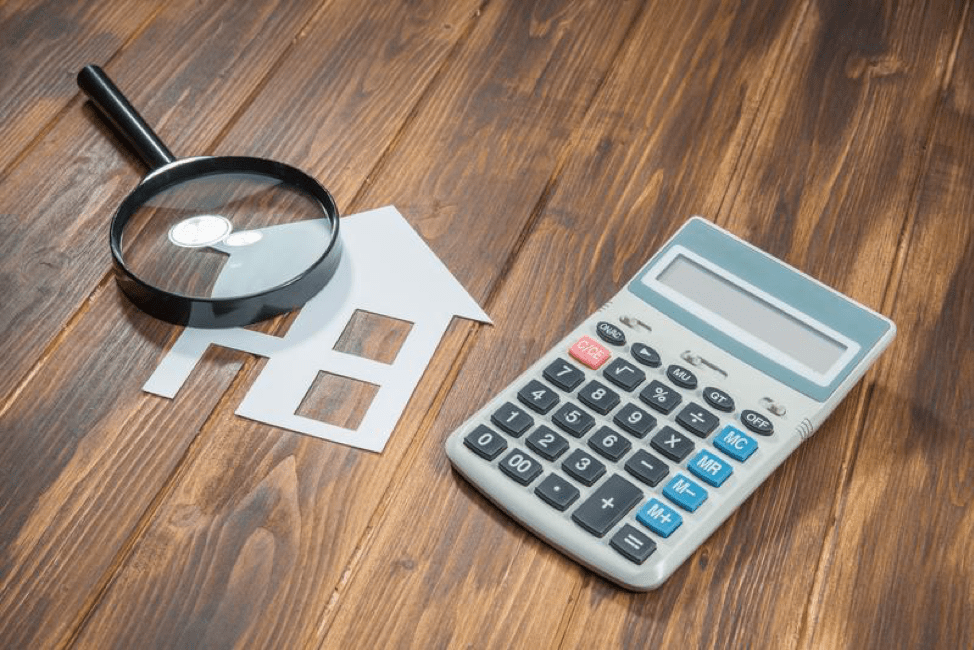Most people dream of owning a house and making an investment in real estate, as the purchase can pay off in the future. Although it’s often wise to invest in a home, it can be difficult to be approved for a loan with a lender if you’re not prepared. If you’re planning on becoming a homeowner, there are a few ways that using math can allow you to make the purchase and avoid potential issues.
Knowing Interest
The interest rate is an important factor that significantly influences the rate of your mortgage payment each month, making it necessary to shop around before you secure a loan. The time of the year and the current state of the economy will influence your interest rate. Your credit score will also affect the rate that you’re offered, making it necessary to improve your score.
Understanding Credit Scores
Lenders closely evaluate credit scores because they reflect how responsible you are with repaying debt that has accumulated. Most lenders require a minimum score of 580 for FHA loans and 620 for conventional loans. Make it a point to pay off your balances, avoid late payments, and keep your debt to a minimum to improve your score. Errors that are present on your credit report can also be disputed.
Knowing How Much You’ll Pay Now
Upfront money is required for purchasing a home, which includes the down payment and closing costs. You’ll need to save at least 3.5 percent of the selling price of the house for an FHA loan and 20 percent for a conventional loan. The amount of money that you put down will influence your monthly mortgage rate. Closing costs are also 2 percent to 5 percent of the selling price of the house and cover the loan orientation fees, credit report charges, and appraisal fees.
Calculating the Loan
Calculate the loan and understand how much you’ll be required to pay depending on the interest rate. With a standard 30-year fixed-rate mortgage, the interest rate will stay the same until the loan is paid in full. An adjustable-rate mortgage often has a lower interest rate but is considered to be riskier and can cause your monthly mortgage payment to increase significantly in the future.
Knowing the basics of math is necessary when you’re trying to buy a house and increase your chances of becoming approved for a loan. By crunching a few numbers, it can be easier to know what you can afford and the terms of each document that you sign.
If you want to put all of this information together, check out our great Monthly Payment Mortgage Calculator to help you see in real time how it all looks!
